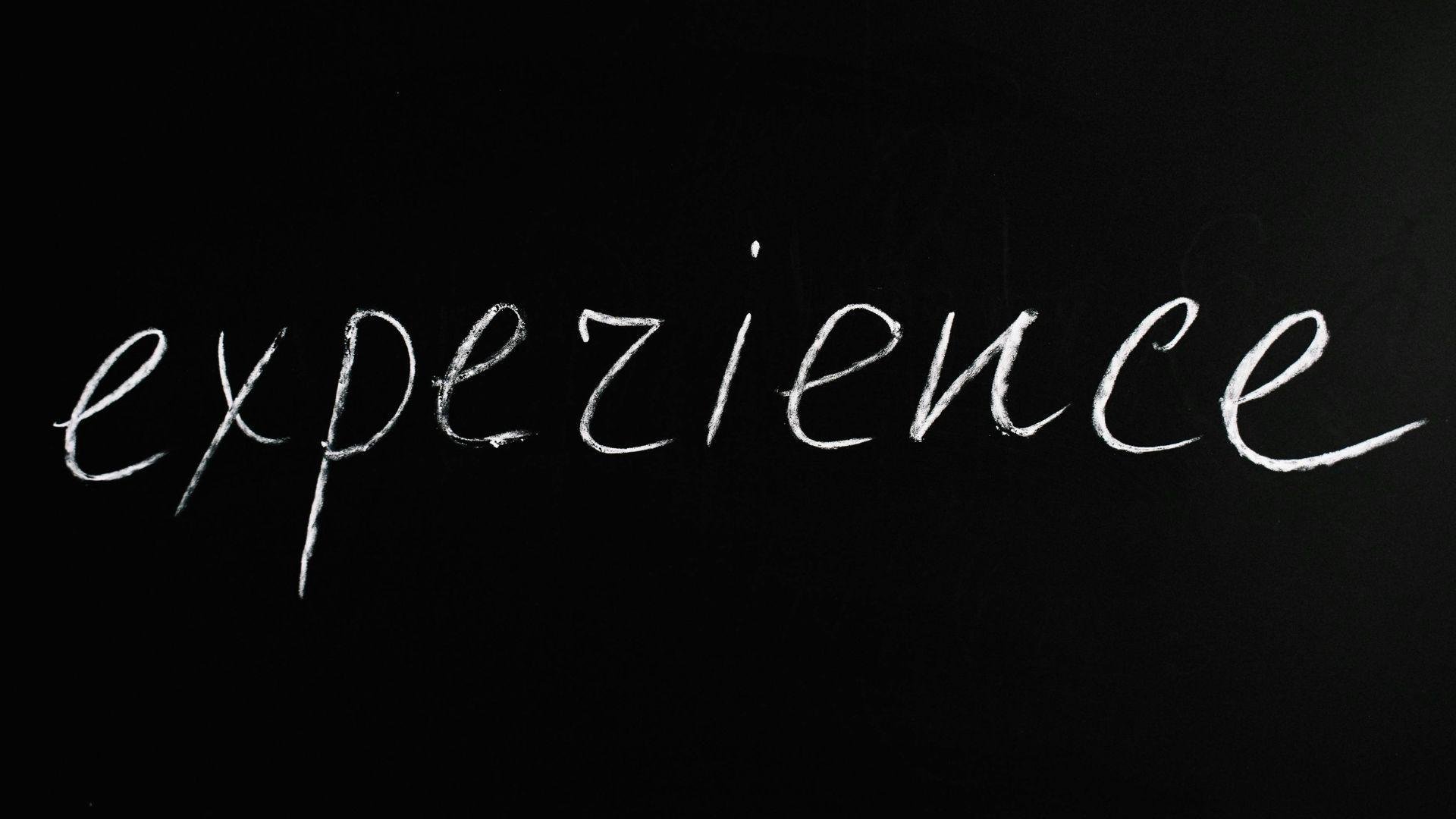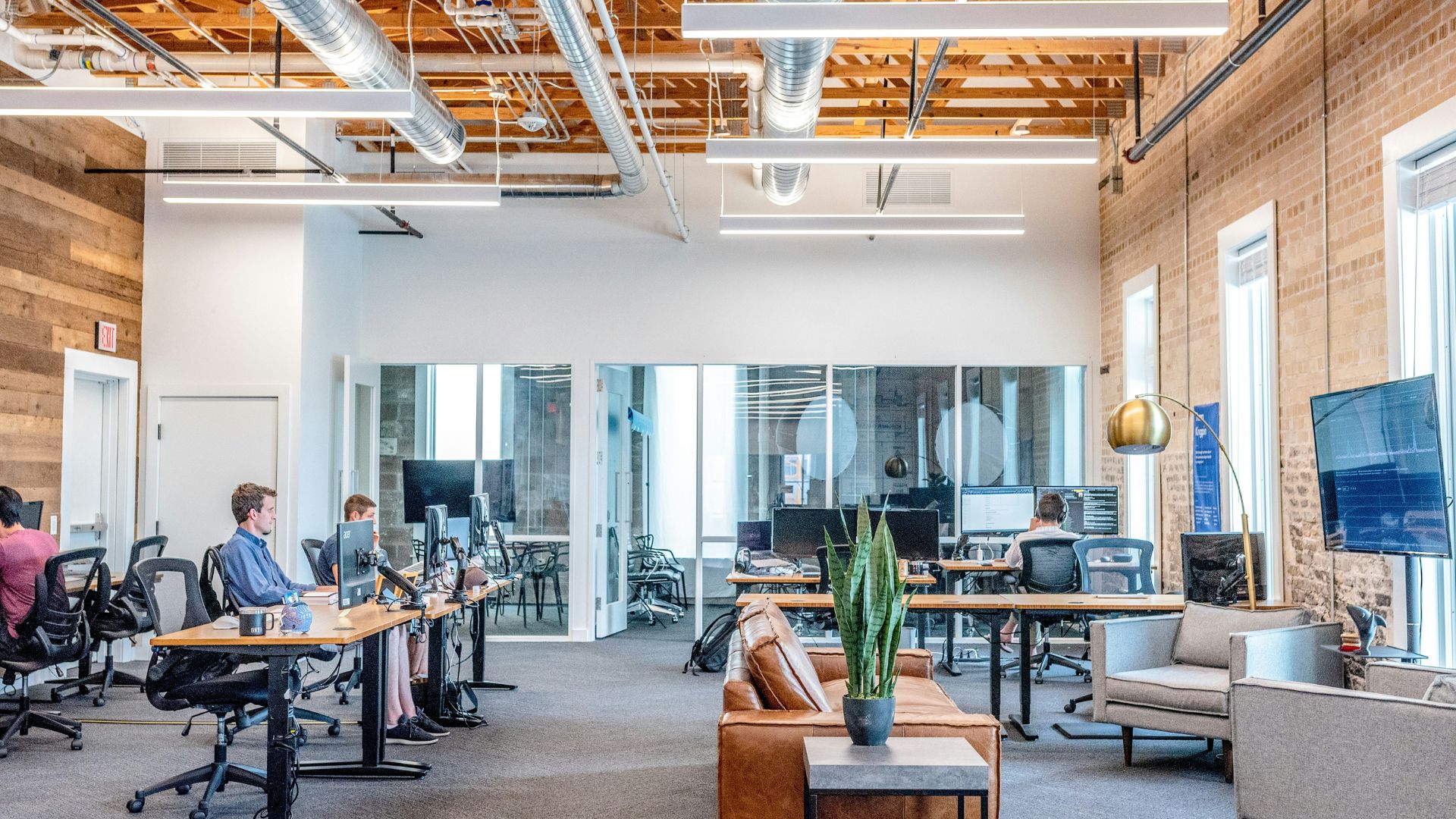Believe it or not, the youngest of today’s eligible workers are not being sought out for employment opportunities. A ResumeBuilder.com survey of 1,000 hiring managers, showed that 40 percent of them admitted to having bias against Gen Z workers.
While many gifted, smart, able-bodied people are available to fill the holes in the job market, many of them are not a top choice, according to hiring staff. The reasons may (or may not) surprise you.
Who, Exactly, Are Gen Z?

People born between 1997 and 2012 are generally regarded as Gen Z. This is the cohort that comes immediately after Millennials and precedes Gen Alpha.
Gen Z stands out in several ways from the cohorts before and after, namely in terms of their fresh perspectives on social structure and technological savvy. These skills are invaluable in today’s market however, other things create barriers that Gen Z must overcome.
Identifying the Issue

While Gen Z men and women hold many admirable qualities, many of today’s employers are not eager to hire them for the jobs – even ones that they urgently need filled.
As we explore this issue, we will break down some of the reasons why employers are avoiding hiring workers from this generation and the potential impact of that decision on the workforce as a whole.
The Lack of Experience

Resume Builder’s chief career adviser, Stacie Haller, stated that, “Employers may inadvertently introduce bias based on age, rather than focusing on the candidate’s qualifications and suitability for the role.”
Gen Z workers are less experienced than previous generations. Almost 80 percent of surveyed employers saw Gen Z’s lack of real-world experience as a problem. Essentially, they are wary of bringing in workers who have zero experience utilizing required job skills.
Gen Z Is Less Educated

Employers prefer to hire candidates who are college educated and have proven themselves in previously held roles.
Employers look for examples that new hires have what it takes to do a job well. Sadly, many Gen Z applicants have not yet proven themselves to be capable of getting things done or having the education to supplement experience.
Different Perspectives on Career Longevity

Gen Z applicants also differ from previous generations in how they prioritize career aspirations.
In the past, having a long career was the goal of young people entering the workforce. However, young workers no longer see that as the only way to make ends meet. Retail and service professions are widely viewed as long-term roles by Gen Z, which makes them less desirable to employers.
They Are More Likely to Job Hop

Gen Z workers have built a reputation for changing jobs frequently, also known as job hopping. Regular job hopping is a risk that many businesses are not keen to experience.
Businesses cannot afford to have workers who frequently abandon their roles, because it destabilizes how well a company functions over time. Employers are therefore more interested in interviewing and selecting applicants who are in it for the long haul.
They Demand Flexible Work

Gen Z workers are not like the traditional 9 to 5 workers of yesteryear. They are entering the workforce, looking to work in roles that offer flexibility.
Younger workers want the option to work varied hours, to help them better show up in areas outside of the workplace. The increased demand for flexibility also means many would like the option to work remotely from home if/when the need arises.
Overfocused on Technology

Many employers note Gen Z’s over-reliance on technology as another deterrent in the hiring process.
The use of AI, Wikipedia and other accessible information sources has bred a generation of workers who lack many of the soft skills that make in-person work successful. Employers don’t have the time or ability to work though helping young people who struggle in these areas.
Poor Communication

Employers highlight poor communication as one of the soft skills that Gen Z applicants lack.
The ability to connect interpersonally is crucial to a flourishing work environment, but young workers are lacking in emotional intelligence, even having trouble reading the social cues of others. Businesses are passing over Gen Z because they need workers who can adapt quickly.
Struggles With Teamwork

Gen Z workers grew immersed in technology and, as a result, they are used to working alone with less collaboration.
In-person teamwork is not a strength among many young workers, which worries employers who understand the necessity of group efforts in hitting company goals. Many employers want to avoid the difficult task of helping Gen Z workers adjust to meeting team objectives.
Getting More Gen Z Workers Ready for the Workforce

While many employers try to steer clear of the challenges that accompany Gen Z workers, they will not be able to do so for much longer. As Millennials age, and Gen X workers leave the workforce, they will need Gen Z workers to fill open positions.
Haller asserts that the practice of ageism “Presents a significant disadvantage, as one’s age should never dictate their potential for success in a role, provided they possess the requisite skills and experience.” Therefore, a solution could stem from employers embracing flexible practices that appeal to younger candidates. This approach could bridge the gap that needs closing in order to get qualified Gen Z workers into the workforce.
Innovation through Generational Diversity

Incorporating Gen Z into diverse teams can spark innovation and creativity due to their unique perspectives and digital fluency. Businesses like tech startups have reported breakthroughs when young minds collaborate with experienced professionals (via Business).
This partnership not only solves complex problems but also introduces fresh ideas into traditional processes, demonstrating the untapped potential of Gen Z’s contribution to innovation.
Economic Implications of Excluding Gen Z

By sidelining Gen Z, industries risk creating skill gaps, especially as older generations retire. This could lead to economic downturns in sectors that require fresh technological skills.
An underutilized Gen Z workforce means lost opportunities for growth and innovation in fields like technology, where their digital-native abilities are crucial.
Gen Z and Artificial Intelligence

Despite their reliance, Gen Z’s comfort with AI and technology still positions them uniquely to drive automation and innovation within the workplace. Their intuitive use of technology can streamline processes and enhance productivity, contrasting with the tech apprehensions often found in older generations.
Companies putting this potential to good use can achieve significant advancements in efficiency and innovation.
Revamping Education for Workplace Readiness

According to a report by Rutgers, there’s a growing need for educational institutions to align more closely with job market demands. Innovative programs that integrate real-world skills with academic learning are preparing Gen Z for immediate contributions to the workforce.
Schools that have introduced co-op programs and practical internships are successfully helping to bridge this gap (via FastCompany).
Effective Mentorship Programs

Successful companies are also implementing mentorship programs that help Gen Z integrate smoothly into professional settings (via Forbes).
These programs address common issues such as teamwork and communication, providing young workers with the guidance needed to adjust and excel in their roles, fostering a collaborative and supportive work environment.
Adapting Leadership for a Younger Workforce

Modern leadership styles are evolving to better engage with a younger workforce that values ethical leadership and transparency.
Companies like Google have revamped their management practices to emphasize collaboration and inclusivity, attracting and retaining Gen Z talent by aligning with their expectations and values (via Omni HR).
Aligning with Gen Z’s ESG Values

Gen Z workers are drawn to companies with strong commitments to environmental, social, and governance (ESG) issues (via Interaction).
Businesses that proactively incorporate ESG values into their operations are not only meeting Gen Z expectations but are also seen as more attractive employers, enhancing their ability to recruit young talent.
Gen Z in the Gig Economy

The gig economy appeals to Gen Z’s desire for flexibility and independence, challenging traditional employment models.
Companies can attract Gen Z by offering similar flexibility within structured roles, allowing young workers to achieve a balance between personal interests and professional responsibilities.
Training Programs Tailored for Gen Z

Customized training programs that focus on enhancing both soft skills and technical expertise are essential for preparing Gen Z for the workforce (via LinkedIn).
Such initiatives help young workers become more attractive to employers by ensuring they are ready to meet the challenges of modern work environments effectively.
The Future Workforce: Gen Z’s Role

As Gen Z becomes the dominant generation in the workforce, it’s safe to assume that we can expect significant shifts in corporate culture.
Their influence will likely usher in widespread adoption of technology, a balanced approach to work-life, and a stronger emphasis on social responsibility within business strategies.
Gen Z’s Preference for Remote Work

Gen Z’s preference for remote work is reshaping job markets. Employers who adapt by offering flexible, remote-friendly work options can attract Gen Z candidates.
This shift not only meets their expectations but also taps into their potential to contribute innovatively from diverse environments.
Harnessing Gen Z’s Digital Proficiency

Leveraging Gen Z’s digital proficiency can significantly benefit sectors like marketing, e-commerce, and data analysis.
Employers who effectively integrate these skills into their business operations can enhance productivity and innovation, making the most of Gen Z’s native tech-savviness.
